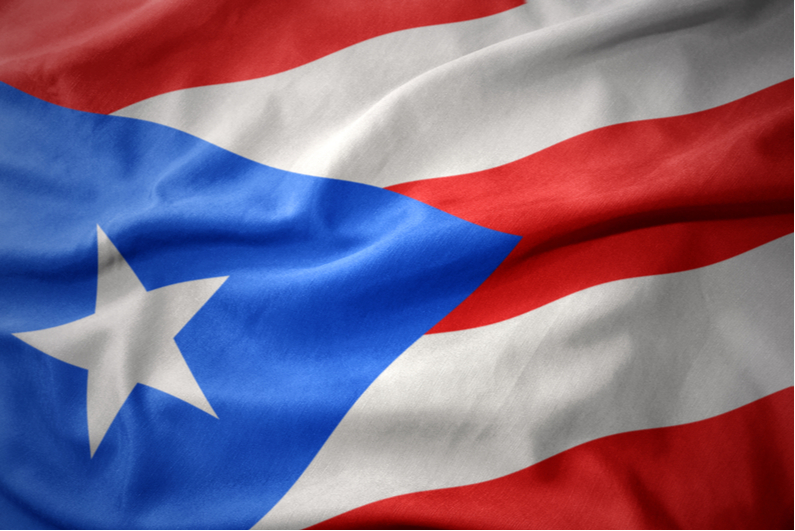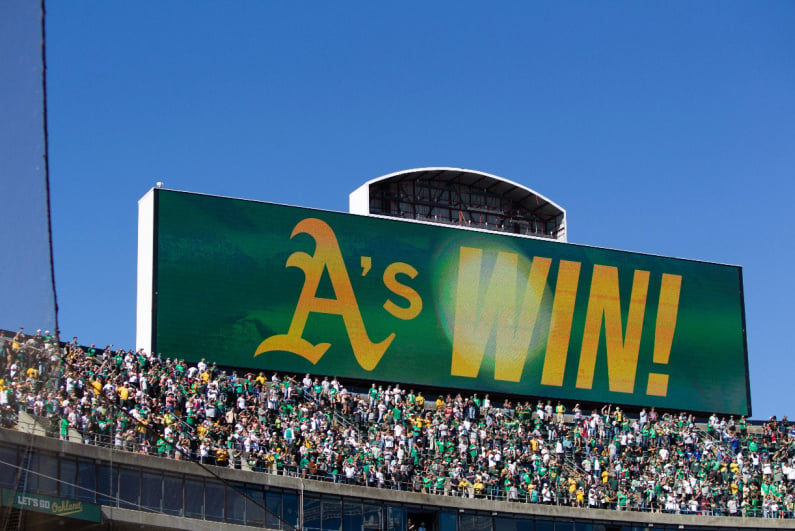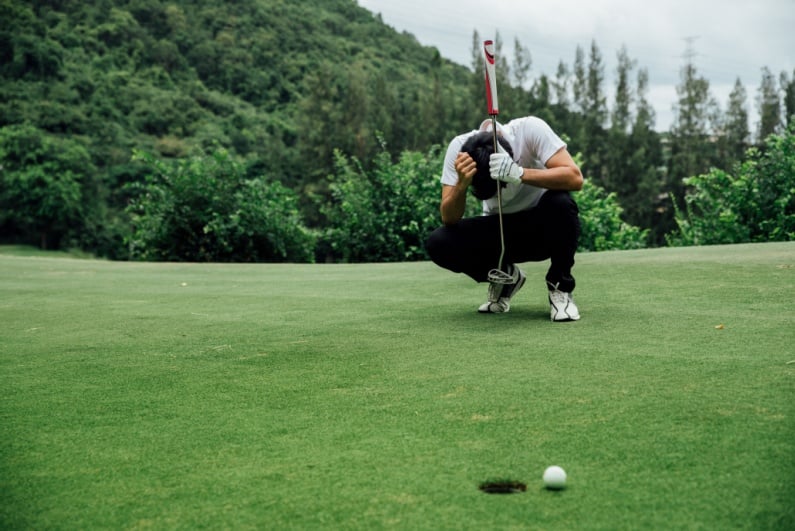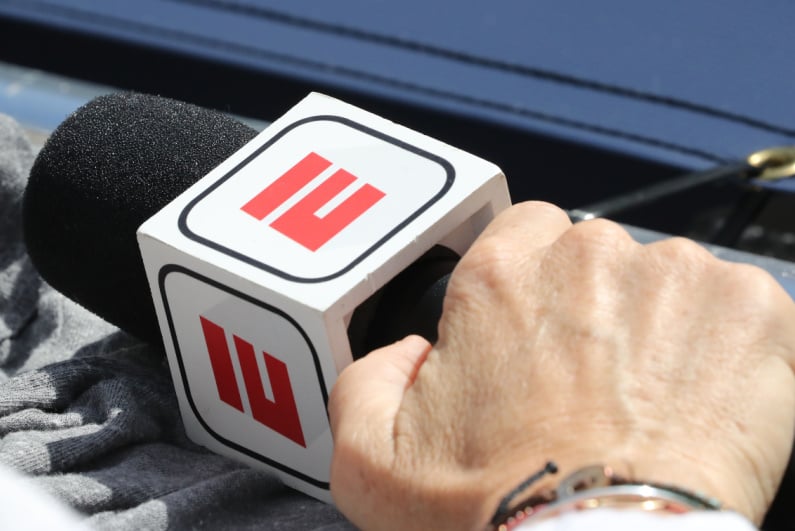Gambling in Puerto Rico
Most types of gambling are legal in Puerto Rico, including casino games, lotteries, horse racing, bingo, and even cockfighting. The island has 19 casinos, one horse racing track, and a number of arenas for cockfighting.
Puerto Rico is a territory of the United States, so federal restrictions on gambling apply there. As a result, most types of online gambling have not been legal in Puerto Rico but there has been a push to legalize sports betting since the federal ban was overturned in May 2018.
Push for legal sports betting
In April, the drive to legalize sports betting really began. That was when Governor Ricardo Rossello proposed a measure that would allow for legal sports betting. He pointed at estimates that revenues could be as much as $3bn (£2.4bn) annually once the sector matures.
Two studies were done to forecast how much tax revenue could accrue from sports betting. The Spectrum Gaming Group’s study estimated the amount at between $44m (£34.7m) and $66m (£52m) annually while an independent study by the Innovation Group came up with as much as $68m (£53.6m).
There are concerns that the existing commercial casinos in the state could suffer if sports betting becomes legal. However, both studies concluded that this would not be the case.
Passage of a sports betting bill
If the Governor receives and signs a bill recently passed by both branches of the legislature, both online and retail sports betting will be legalized, including fantasy sports and esports betting. Betting will not be allowed on amateur events.
The House of Representatives passed the bill in its original form, while the Senate added a few amendments before approving. A conference committee of senators and representatives will work out the final measure.
Under this bill, a body called the Law of the Gaming Commission of the Government of Puerto Rico will be created, along with a regulatory framework.
Focus on regulation
Representative Nestor Alonso Vega is one of the main drivers of this bill. He was tasked by the executive branch to draft these laws. He said: “The amendments are related to the ‘background check’ in a bank. That bank has to confirm that data, and what was included in the bill makes sure that additional requirements were requested so that when the player signs up he has that information for the bank to validate it. That’s what was added to the project.”
Representative Antonio Soto opposed the introduction of sports betting centers in such locations as grocery stores because, he said, it would open “the door to thousands of betting places on the island.”
One of the main focuses of this bill is on the regulation of the sector. This is why the new Gaming Commission was created. The island’s economy is expected to get a boost and there will probably also be an uptick in employment as a result of this bill.
Specifics of the bill
Permits will be issued only to businesses that have premises with an appropriate business plan and that are fully compliant with health and safety laws. No entire sectors will get automatic access to licenses; they will be judged on a case by case basis. No sports betting center will be allowed within 100 meters of a school, religious site, or a rehab facility for addicts.
There has been no decision as to how much a license will cost except that the fee will be at least $50,000 (£39,400) for large operations. Smaller operations might get licenses for as little as $2,500 (£1,969), it seems. The tax will be 7% on sports bets at retail facilities and 12% for online sports bets.




